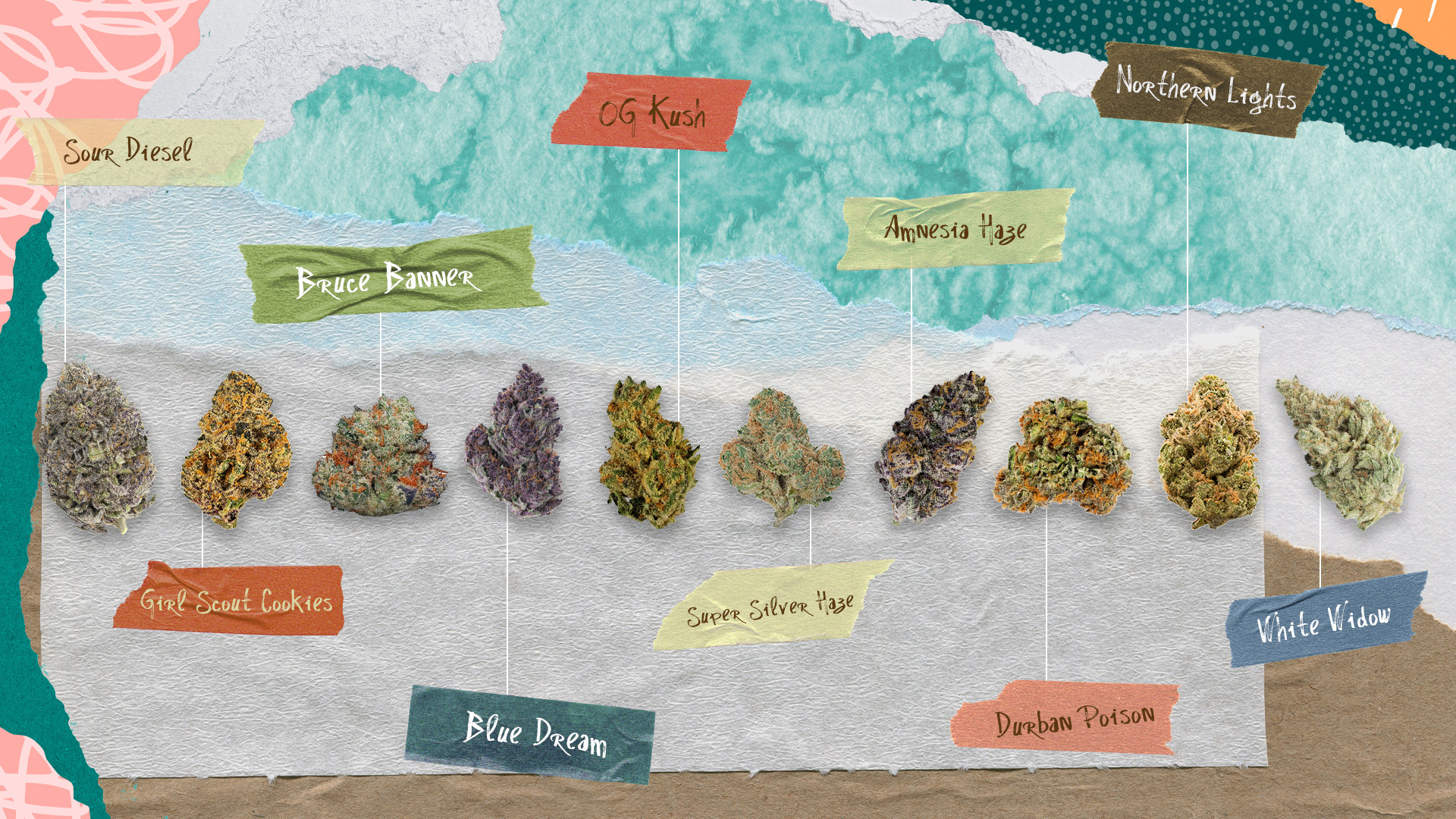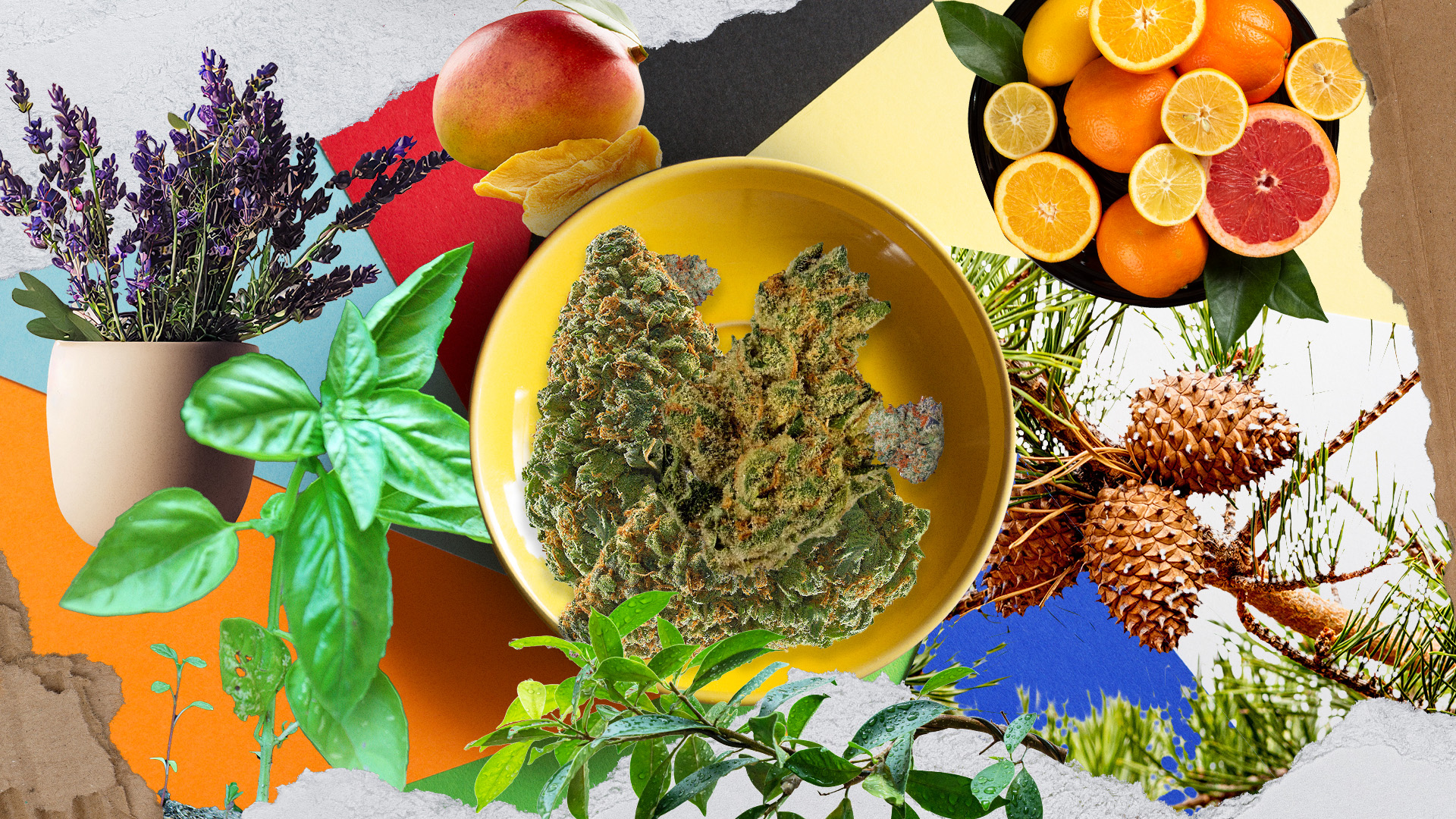CBD (cannabidiol) has been demonstrated to be effective at treating a wide range of mental and physical health disorders, from chronic pain to inflammation, anxiety, insomnia, and much more. A new study conducted by researchers from the University of Brasília, the Brazilian Federal District’s Secretary of Health and Forensic Institute, and the Federal University of São Paulo has discovered that CBD may help with something else, too: crack use disorder. The report was published this month in the International Journal of Mental Health and Addiction.
Their results were promising, as they found that CBD resulted in better treatment outcomes and fewer side effects than traditional medications.
“The main implications of this study point to CBD as a powerful and promising therapeutic tool for people with CUD [crack use disorder],” the authors wrote. “CBD seems to mitigate the primary symptoms reported by the participants, such as lack of appetite, difficulty in reducing crack use, and the feeling of poor health. In addition, CBD stands out primarily for presenting mild adverse events, the main complaints associated with the use of usual psychotropic drugs.”
The double-blind study was completed by 25 people between the ages of 18 to 65 in Brazil. 90 people started the trial, but not everyone finished it. However, the CBD group had more people complete treatment than the control group. Everyone involved had used crack at least 20 times in the past month, citing it as their primary drug of abuse.
Why You Should Get Your Medical Marijuana Card
Veriheal has satisfied millions of patients nationwide by giving them access to these benefits
- Larger purchase limits
- Peace of mind
- Enhanced legal protection
- Access to higher potency strains
- Save up to 25% on cannabis purchases
- Skip the line at the dispensary
Researchers wrote, “The main implications of this study point to CBD as a powerful and promising therapeutic tool for people with CUD. CBD seems to mitigate the primary symptoms reported by the participants, such as lack of appetite, difficulty in reducing crack use, and the feeling of poor health. In addition, CBD stands out primarily for presenting mild adverse events, the main complaints associated with the use of usual psychotropic drugs.”
The study, a double-blind, randomized controlled trial, compared CBD to three drugs commonly used in crack use disorder treatment: fluoxetine, valproic acid, and clonazepam. The researchers revealed that people using CBD had far fewer side effects than those traditional treatments, including a reduction in diarrhea, constipation, nausea, dizziness, and more. The authors concluded that people who experience fewer side effects are more likely to stay in treatment.
“CBD is a safe/tolerable product that presented significantly fewer adverse events compared to the control group. The CBD group performed better in more parameters than the control group, reducing crack use, not reducing food intake due to crack use, and greater improvements in self-rated health,” they wrote.
The authors concluded their study by stating that they’d like to see similar research conducted on larger groups of participants with more rigorous screening and monitoring practices to confirm the efficacy of CBD for crack abuse treatment. While more studies are certainly necessary, this one adds to the growing body of research pointing to CBD as a revolutionary therapy for addiction.
Author, Share & Comments
















